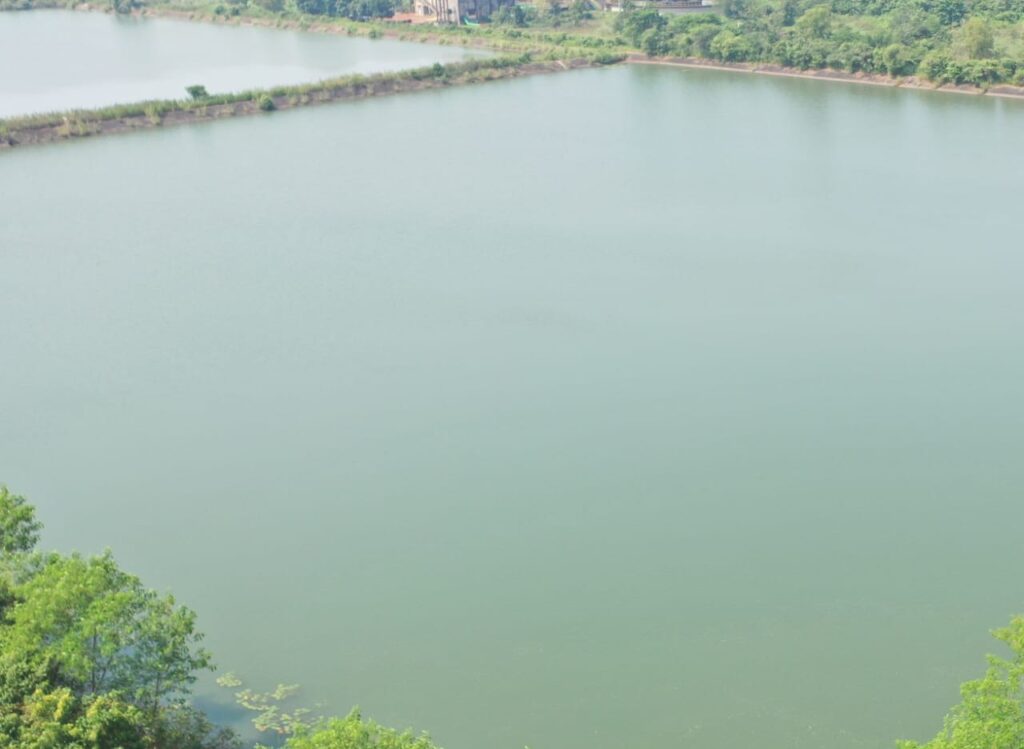Neelachal Ispat’s Expansion Incorporates Water-Smart Technology for Better Conservation

~ Implementing a Zero Effluent Discharge (ZED) system incorporating rainwater harvesting and advanced sewage treatment for water recycling
~ Utilising stormwater extensively while minimising environmental impact by using existing infrastructure
Neelachal Ispat Nigam Limited (NINL) is expanding its capacity from 1 MTPA to 9.5 MTPA to improve Jajpur’s industrial landscape and the district’s prominence in India’s steel long product market. The expansion plan includes the implementation of many state-of-the-art technologies to make the production process more sustainable and environmentally friendly.
This expansion plan for NINL’s steel plant at Duburi, in Odisha’s Jajpur district, will set a new benchmark for sustainable water usage in steel industry. The Company is implementing advanced water conservation technologies to significantly improve water efficiency.
The NINL plant’s current water consumption is 2.71 cubic meters (m³) per tonne of crude steel (tcs). Even with a tenfold increase in production capacity, the plant’s overall water consumption is projected to be 2.66 m³/tcs – a reduction of 0.05 m³/tcs (approximately 1.84%), making it one of the lowest in the industry. This projection incorporates planned Zero Effluent Discharge (ZED) and rainwater harvesting projects.
Water for NINL’s expanded capacity will be sourced from nearby water sources, utilising existing infrastructure to minimise environmental impact. Stormwater will be utilised extensively, and excess water will be discharged only intermittently in accordance with Central Pollution Control Board guidelines.
The planned ZED system encompassing rainwater harvesting and advanced sewage treatment for water recycling. Dry gas cleaning in the blast furnace and steelmaking units will further reduce water usage, as will investments in technologies to recycle water used in various process plants.
Understanding the challenges of responsibly managing precious natural resources, NINL is consciously investing in environmental management and resource optimisation projects to manage its ecological footprint, aligning with Tata Steel’s commitment to be Net Zero by 2045.
